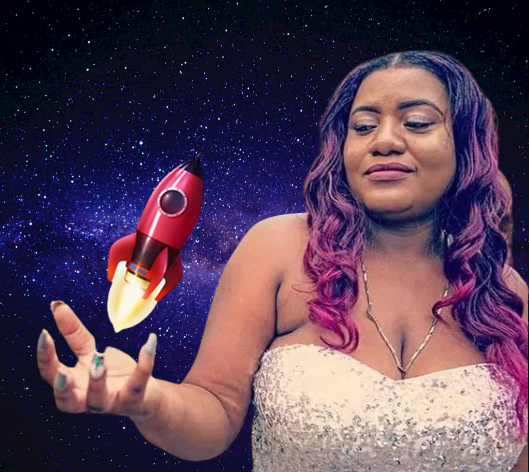1: Artificial Intelligence and Machine Learning:
An important aspect of music development is the integration of Artificial
Intelligence and Machine Learning. These technologies are much more than
tools They are creative collaborators. Artificial intelligence algorithms can
analyze large pieces of music, learn patterns, and create new works. From suggesting chord progressions to generating
dynamics, AI is a valuable tool for artists looking for inspiration.
Platforms like Amper Music and AIVA are leaders in creating intelligence-
powered music. Amper Music allows users to create original compositions by
determining parameters such as rhythm, rhythm and meter. AIVA, on the other hand, is a talented composer who can complete
orchestral scores. The intersection of human creativity and machine
intelligence creates new possibilities for new music and forms of expression.
2: Virtual and Augmented Reality:
Imagine entering a virtual studio world where you can interact with your music
in previously unimaginable ways. Virtual and augmented reality technologies
make this a reality. VR studios allow musicians and producers to operate
virtual instruments in a three dimensional space, providing a rich, tactile experience. Artists can experiment with sounds, adjust parameters, and see their creations instantly.
In addition, VR and AR cooperate to eliminate problem areas. By sharing the
same studio space, artists from different parts of the world can take creativity and international connectivity to a new level. This new approach not only
transforms the creative process but also promises to change the way people
live by creating virtual concerts that transcend physical space.
3: Blockchain and Music Rights:
The music industry has long struggled with copyright, distribution ownership,
and piracy issues. Blockchain technology has become a game changer by
providing solutions and transparency to these challenges. Blockchain allows a
rtists to be rewarded for their work through smart contracts that decide to pay
when music is streamed or downloaded.
Platforms like Ujo Music and Myco use blockchain to create a fair and
transparent ecosystem. For example, Ujo Music allows artists to publish their
music on the blockchain, bringing the money directly and instantly to all partners.
The shift to a distribution system not only supports artists but also reduces the
role of middlemen in the music industry.
Next week we will look at some other key advancements which are taking the whole music industry by store. So as always staytuned!

 TuneSick
TuneSick